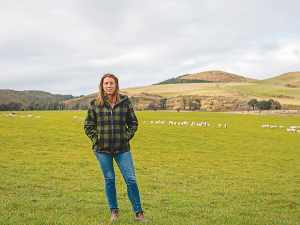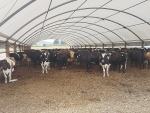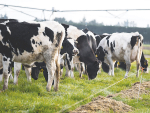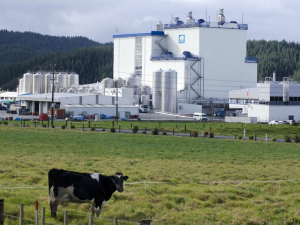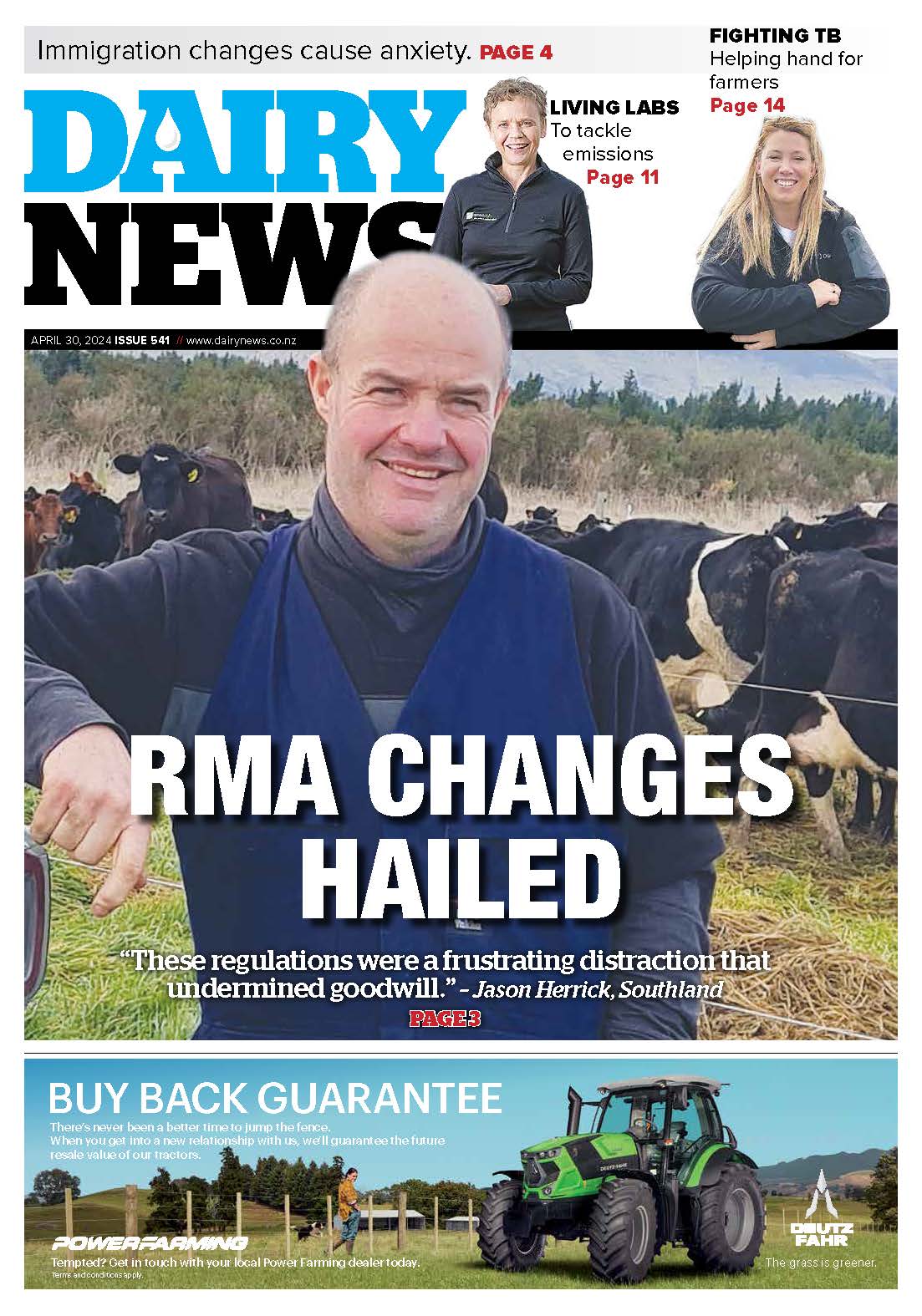Farmers are being encouraged to have their say on a New Zealand Meat Board (NZMB) proposal to continue funding the Informing New Zealand Beef (INZB) genetics programme and supporting a new facial eczema research project.
The NZMB is recommending contributing up to $700,000 towards the INZB programme and also providing up to $1 million for the new facial eczema programme.
NZMB chair Kate Acland says funding for the project is derived from investment income from the $76.9 million of financial reserves NZMB manages on behalf of Kiwi farmers.
“These funds have two purposes,” she says. “Firstly, as a contingency fund for the industry to restore international market confidence following a catastrophic event such as a Foot and Mouth outbreak, and secondly, as a fund for industry good projects. As part of this funding process, we’re required to seek farmer views so we’d really value feedback.”
Sheep and beef farmers should have received a joint NZMB-Beef + Lamb New Zealand mail-out with information on the NZMB online Annual Meeting on 15 March and the board’s proposals.
“Informing New Zealand Beef is giving farmers the right genetic tools to help produce great tasting beef and drive productivity and profitability on farm,” says Acland.
She says the programme is achieving its targets and is on track to deliver a $452 million return to farmers’ bottom line.
“Facial eczema can be a devastating livestock disease, affecting our sheep, beef and dairy farmers. The Eliminating the Impacts of Facial Eczema (EFEI) programme aims to equip farmers with tools, knowledge and solutions that can be adopted into farm systems to improve livestock health and productivity in the red meat and dairy sectors.
“Our aim is to bring some new solutions to this old problem, especially as more farmers are reporting facial eczema moving further down the country and into the South Island,” says Acland.
She says there has been promising progress on a new commercial facial eczema test already in preliminary work.
“Dealing with the disease could become a whole lot easier if investigation into the development of a laboratory test proves successful.
“Dealing with facial eczema would have a profound positive impact on productivity by reducing disease-related losses, lowering costs, and promoting overall animal health and welfare. It would also contribute to a more sustainable and economically viable livestock industry.”
Farmers will also have an opportunity to provide their feedback on a resolution to increase the director fee pool for farmer and industry (processor and exporter) directors to $156,000 per annum from $147,500, a total increase of $8,500.
The NZMB has reinstated the Director Independent Remuneration Committee (DIRC). The DIRC conducts an independent evaluation of NZMB’s directors’ remuneration and recommends any adjustments.
The increase recommended by the DIRC represents a fee increase of the chair to $30,000 (currently $29,900) and for seven farmers and industry directors to $18,000 (currently $16,800).
The NZMB has been a cornerstone of New Zealand’s red meat sector for over a century, acting as custodians of industry reserves to support the industry in times of need and helping the country achieve optimal returns from beef and sheepmeat exports in international quota markets.
By the end of this year, the Meat Board is expected to be managing ten export quotas with an approximate export value of just under $3 billion.
Farmers can provide their feedback on funding the programmes by competing the form enclosed in the recent joint NZMB-B+LNZ mail-out or by visiting the feedback page on the NZMB website. They can register for the Annual Meeting by visiting the registration page.





